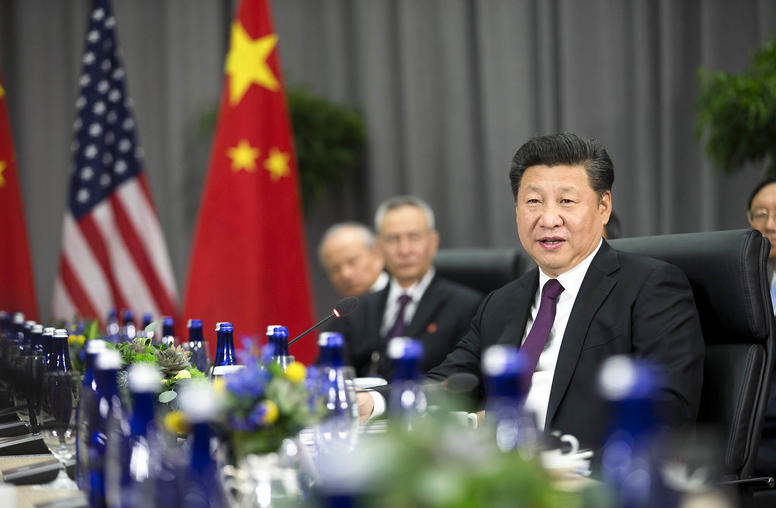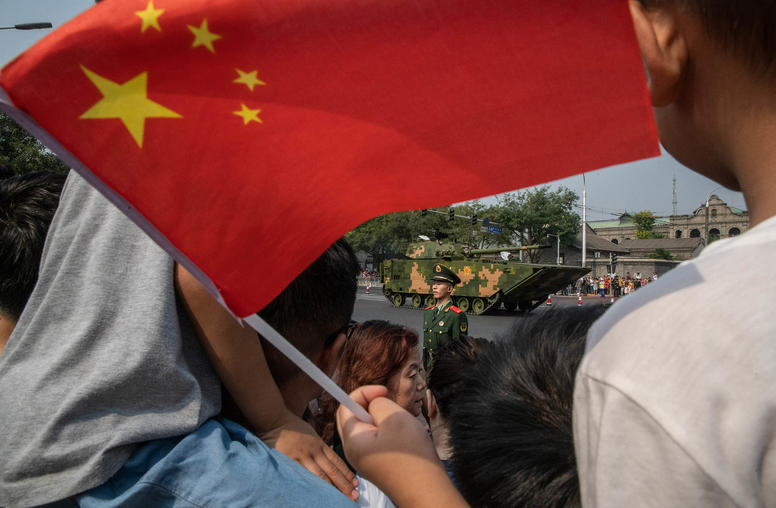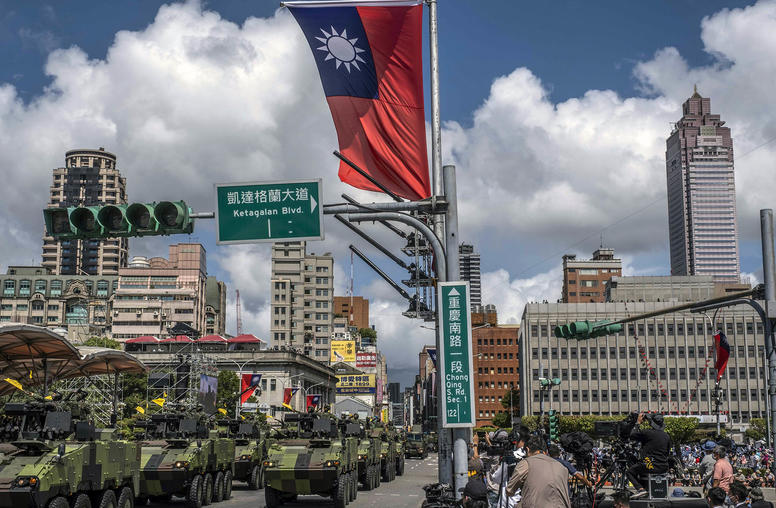Question And Answer
Publications
Articles, publications, books, tools and multimedia features from the U.S. Institute of Peace provide the latest news, analysis, research findings, practitioner guides and reports, all related to the conflict zones and issues that are at the center of the Institute’s work to prevent and reduce violent conflict.

Xi Kicks Off Campaign for a Chinese Vision of Global Security
Earlier this month Chinese leader Xi Jinping made his first foreign trip since the coronavirus outbreak, joining the Shanghai Cooperation Organization (SCO) summit in Samarkand, Uzbekistan. The summit was Xi’s first in-person opportunity to win support outside of China’s borders for his new Global Security Initiative (GSI), which he launched in April. While the GSI remains notional and somewhat vague, Xi is on the offensive, seeking to position his vision of a new global security architecture as an alternative to the Western-led security order. In an era of heightened strategic rivalry between Washington and Beijing, Xi’s GSI campaign could amount to yet another challenge to the U.S.-China relationship and the two countries’ ability to peacefully manage differences.

How Should the U.S. Respond to China’s ‘Global Security Initiative?’
After Russia invaded Ukraine, some hoped that China would use its “no limits” partnership with Moscow and multifaceted relationship with Kyiv to help prevent the conflict from escalating. The European Union’s foreign policy chief pointed to China as the obvious mediator and some among China’s policy elite also called publicly on their government to play a proactive role in helping to resolve the war. One prominent American intellectual urged Chinese President Xi Jinping to seize his “Teddy Roosevelt Moment,” referring to Roosevelt’s Nobel Peace Prize winning mediation of the 1905 Russia-Japan war. For its part, Beijing indicated it was prepared to help mediate but it would do so “in its own way.”

The United States and China: Who Changed the ‘Status Quo’ over Taiwan?
Taiwan has been the perennial problematic issue in U.S.-China relations for decades. President Biden’s comments during a recent trip to East Asia put that in stark relief. When asked if the United States would be willing to “militarily defend” Taiwan if China were to invade, Biden said, “Yes, that’s the commitment we made.” Administration officials later appeared to walk back the president’s comments. But Beijing reacted forcefully, conducting military drills close to the island and with numerous Chinese officials condemning the comments. Most recently, at the Shangri-La Dialogue earlier this June, Chinese Defense Minister Wei Fenghe warned that the People’s Liberation Army will “fight to the very end” if Taiwan dares to “secede” from China. Beijing’s vociferous reaction to Biden’s comments underscores how contentious the Taiwan issue remains and how easily tensions can flare.